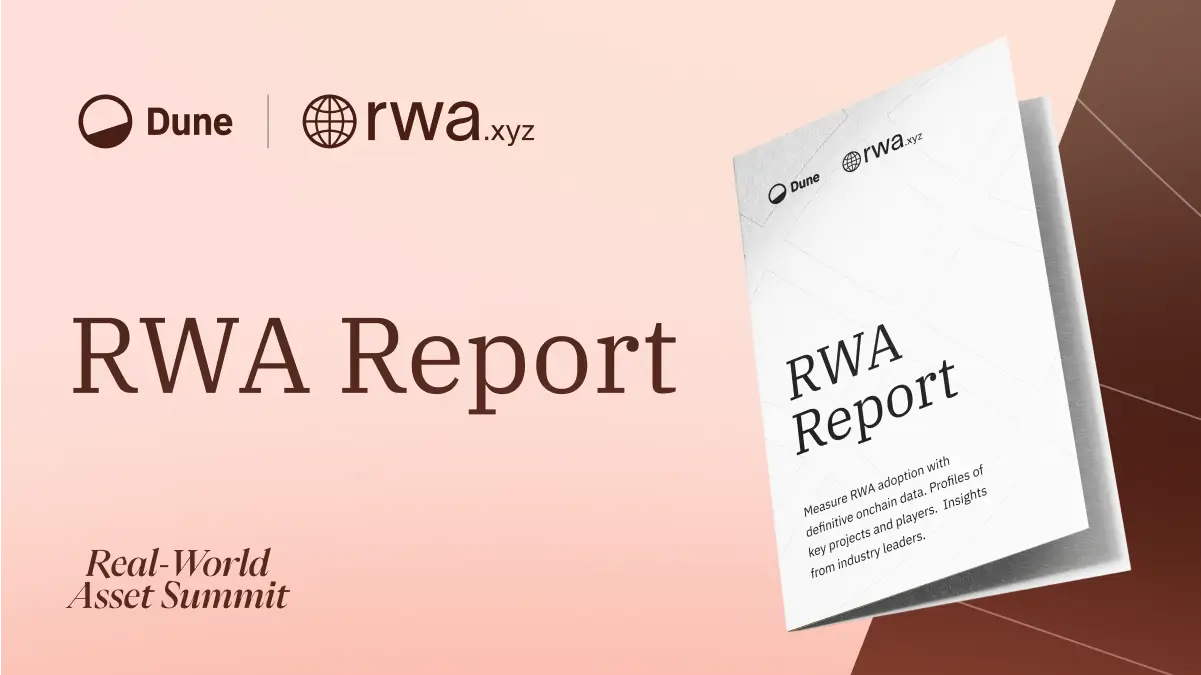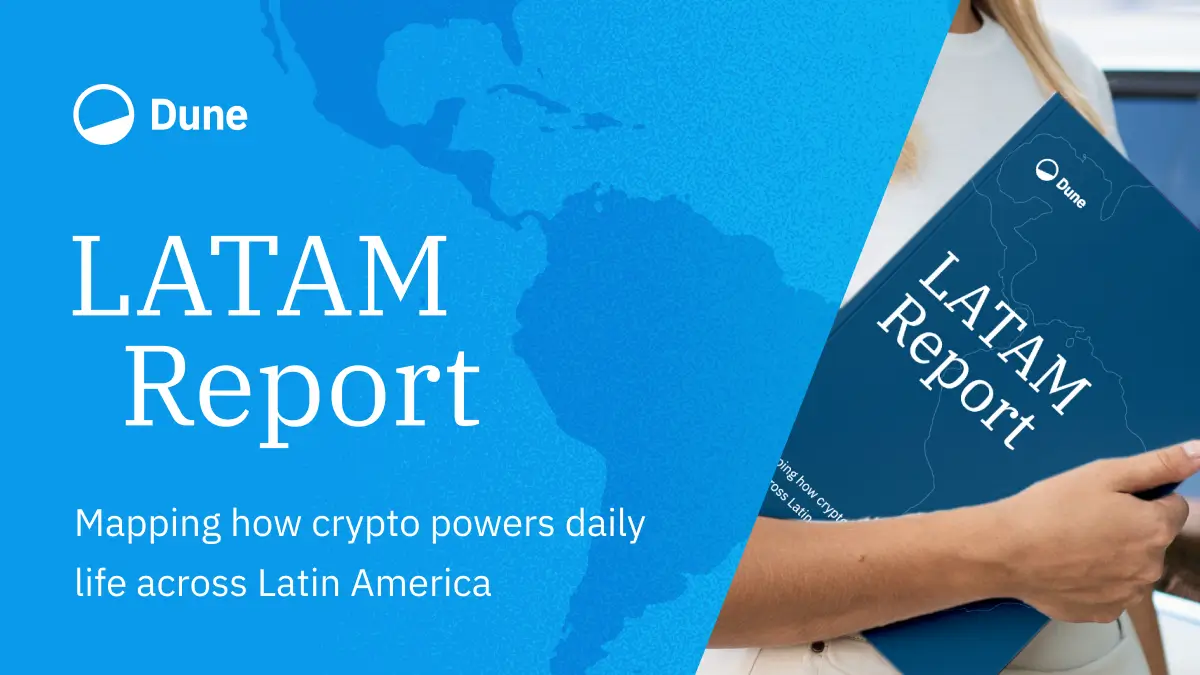Investigate Addresses with Labels - Now Live on V2!
Wallet addresses are about to get a whole lot more interesting!
Exclusive content

Download Content

.jpeg)
Address Labels are Live on V2
Have you ever looked at a list of addresses on Dune, and thought - so what?
Who is behind these random hexadecimal encoded strings? What’s their story? Are they noobs or pros? Why should I care?

If so, we have some great news for you……
We’ve added Labels and ENS support in Dune v2!
Those 0x strings are about to take on a new meaning as Wizards unlock the secrets behind them, analyzing on-chain behavior on a much deeper level.
So, what’s the deal?
Traditionally when you query, any field referring to an on-chain actor will return their raw address. This is good and all, but it leaves the identity behind that address a mystery.
Who are they? Are they part of a DAO? Which airdrops did they receive? Are they a hacker? A Miner? A top NFT trader?
That was then though. Now, you can use the get_labels() function on any address to learn about its history in far greater detail.
Currently, we have 18 label categories live:
- safe
- mev
- airdrop
- ofac_sanction
- multisig
- arbitrage_traders
- cex
- bridge
- validators
- hackers
- flashbots
- contracts
- ENS
- funds
- Rollup
- nft
- tornado_cash
More than enough to keep Wizards busy for now, but this list will be expanding rapidly.
Let’s look at a few examples. Firstly, from nft.trades.

The query is as simple as that, and will return the last ENS name associated with the address, as well as all relevant labels. Check it out below, we can instantly see which addresses are top traders, which platforms they use, which airdrops they’ve received, and more!

Let’s look at another example.
Last week @chuxin made a dashboard on Optimism’s new NFT bridge.
It’s interesting to see what kind of addresses are making use of the new bridge, and in the top bridgers query we can see exactly that thanks to labels:

Finally, we put together an example dashboard with the help of @0xrob and @0xZarath0ustra.
In the dashboard, you can input any address or ENS name, as an example we’ll use the famous gmoney.eth.
Immediately see that they’re:
- A top 1% NFT trader by $ volume
- A user of Looksrare, Foundation, Superrare, Opensea
- Their ENS name
- An $OP airdrop recipient

This is only scratching the surface of the possibilities. The options are endless.
We’re particularly excited about Wizards:
- Complementing your dashboards with extra context about addresses (by calling get_ens or get_labels on raw address columns)
- Joining your raw address columns to the label dataset of their interest, adding more depth to their analysis and answering completely new questions
- Contributing to our rapidly growing set of labels with your own original research
This was a real community effort.
We built the structure for a new set of spells for assigning labels to addresses based on the history of that address. We created a couple of examples, before our amazing community took over and contributed over a dozen new label sets in under a week. Yes, they’re that good.
When you use any of our label datasets, you’ll probably be relying on the work of one of our contributors – you can check who built it in the contributor column and raise a glass to them!
Interested in contributing your own set of labels? you can head over to our github repo and work on getting your own merged. You can read more about labels, and spells in general, in our spellbook docs.
We believe that the most powerful aspect of Dune is our amazing community and the datasets that we’ve built together. This is another great example of this partnership.
Labels will open up a whole new dimension for Wizards and the crypto community to slice and dice data, solve problems, and get answers to important questions. They also provide another avenue for gigabrains in our community to contribute to the most powerful blockchain analytics toolkit in the world, and the crypto industry as a whole.
As always, we can’t wait to see what you build…….
Ready to bring your Blockchain to Dune?
Power your App with Dune data
Steam Dune data in your analytics environment

Want to join Dune?


Dune Datashare
Ready to get started?
Individuals + Small Teams

Enterprise




